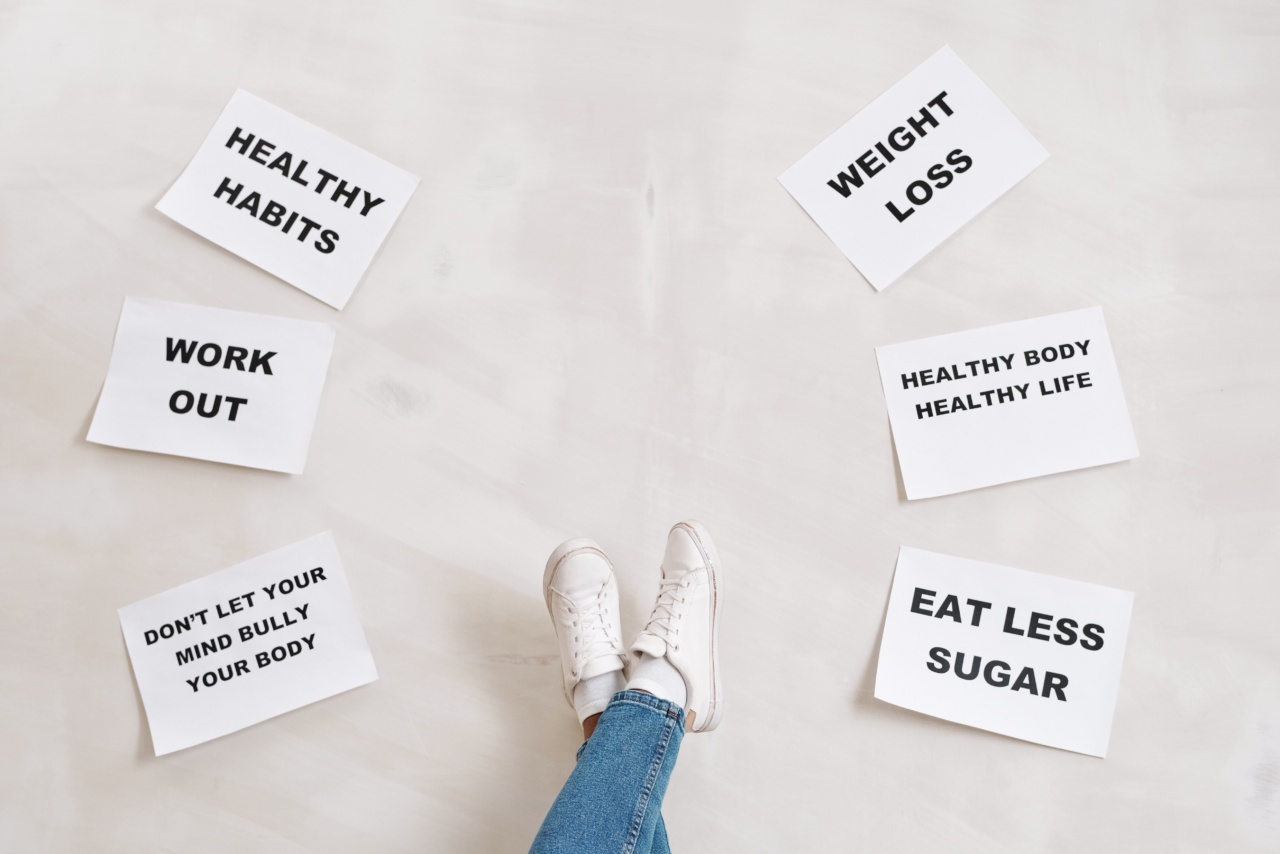The new year brings a fresh start and a chance to reassess our health goals. While it can be tempting to make drastic resolutions, the key to success is to focus on small, sustainable changes.
Here are ten healthy habits that you can incorporate into your daily routine to promote a healthier and happier lifestyle in 2019.
1. Drink More Water
Staying hydrated is essential for overall health and well-being. Dehydration can cause fatigue, headaches, and even impair cognitive function.
Although the recommended daily intake varies depending on factors such as age, gender, and activity level, the general guideline is to consume eight glasses of water per day. If you struggle to drink enough water, try carrying a reusable water bottle with you and setting reminders to take sips throughout the day.
2. Get Enough Sleep
A good night’s sleep is vital for physical and mental health. Lack of sleep can lead to a range of problems, from impaired immune function to mood swings. The recommended amount of sleep for adults is between seven and nine hours per night.
To improve your sleep quality, establish a regular sleep schedule and create a relaxing bedtime routine. Avoid caffeine and electronics in the hours leading up to bedtime, and make sure your sleep environment is comfortable and conducive to rest.
3. Eat More Fruits and Vegetables
A healthy diet is essential for maintaining optimal health. Eating a variety of fruits and vegetables provides essential nutrients, fiber, and antioxidants that can help fight disease and promote overall well-being.
Depending on your calorie needs, aim to consume 1.5 to 2 cups of fruit and 2 to 3 cups of vegetables per day. To make it easier, try incorporating them into your meals and snacks throughout the day.
4. Exercise Regularly
Moving your body on a regular basis is key to maintaining good health. Exercise can help improve physical fitness, reduce stress, and promote overall well-being.
The American Heart Association recommends at least 150 minutes of moderate-intensity aerobic activity per week, or 75 minutes of vigorous-intensity activity. Find an activity that you enjoy, whether it’s jogging, dancing, or yoga, and incorporate it into your routine several times a week.
5. Practice Mindfulness
The practice of mindfulness involves being fully present and engaged in the current moment. It can help reduce stress, increase self-awareness, and improve mental health.
There are many ways to incorporate mindfulness into your daily routine, such as meditation, deep breathing, or simply paying attention to your surroundings. Try incorporating a daily mindfulness practice to reap the benefits of this powerful technique.
6. Limit Screen Time
In today’s digital age, it’s easy to spend hours on end staring at screens. However, excessive screen time has been linked to a range of health problems, from eye strain to poor sleep quality.
Challenge yourself to limit your screen time and incorporate more offline activities into your routine, such as reading, hiking, or spending time with loved ones.
7. Reduce Alcohol Consumption
Excessive alcohol consumption can have numerous negative health effects, from liver damage to impaired cognitive function.
While moderate alcohol consumption may have some health benefits, the recommended limit is one drink per day for women and two drinks per day for men. If you struggle with excessive alcohol consumption, seek support from a healthcare provider or support group.
8. Practice Gratitude
The practice of gratitude involves focusing on the positive aspects of life and expressing appreciation for them. It can help improve overall well-being, boost mood, and reduce stress.
Try incorporating a daily gratitude practice, such as writing down three things you’re grateful for each day or expressing gratitude to others.
9. Stay Connected to Others
Human connection is essential for mental and emotional well-being. Spending time with loved ones, joining a community group, or volunteering can help foster social connections and reduce feelings of loneliness or isolation.
Make an effort to stay connected to others and prioritize meaningful social interactions in your life.
10. Practice Self-Care
Self-care involves taking care of your physical, mental, and emotional health. It can include a variety of activities, such as getting a massage, practicing yoga, or taking a relaxing bath.
Taking time for yourself on a regular basis can help reduce stress, improve mental health, and promote overall well-being.






























